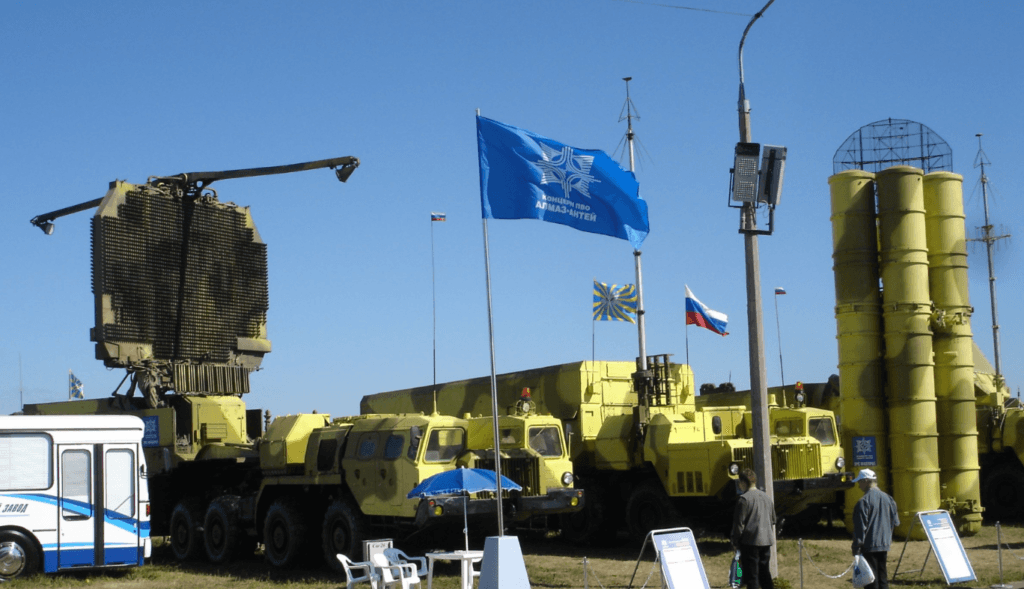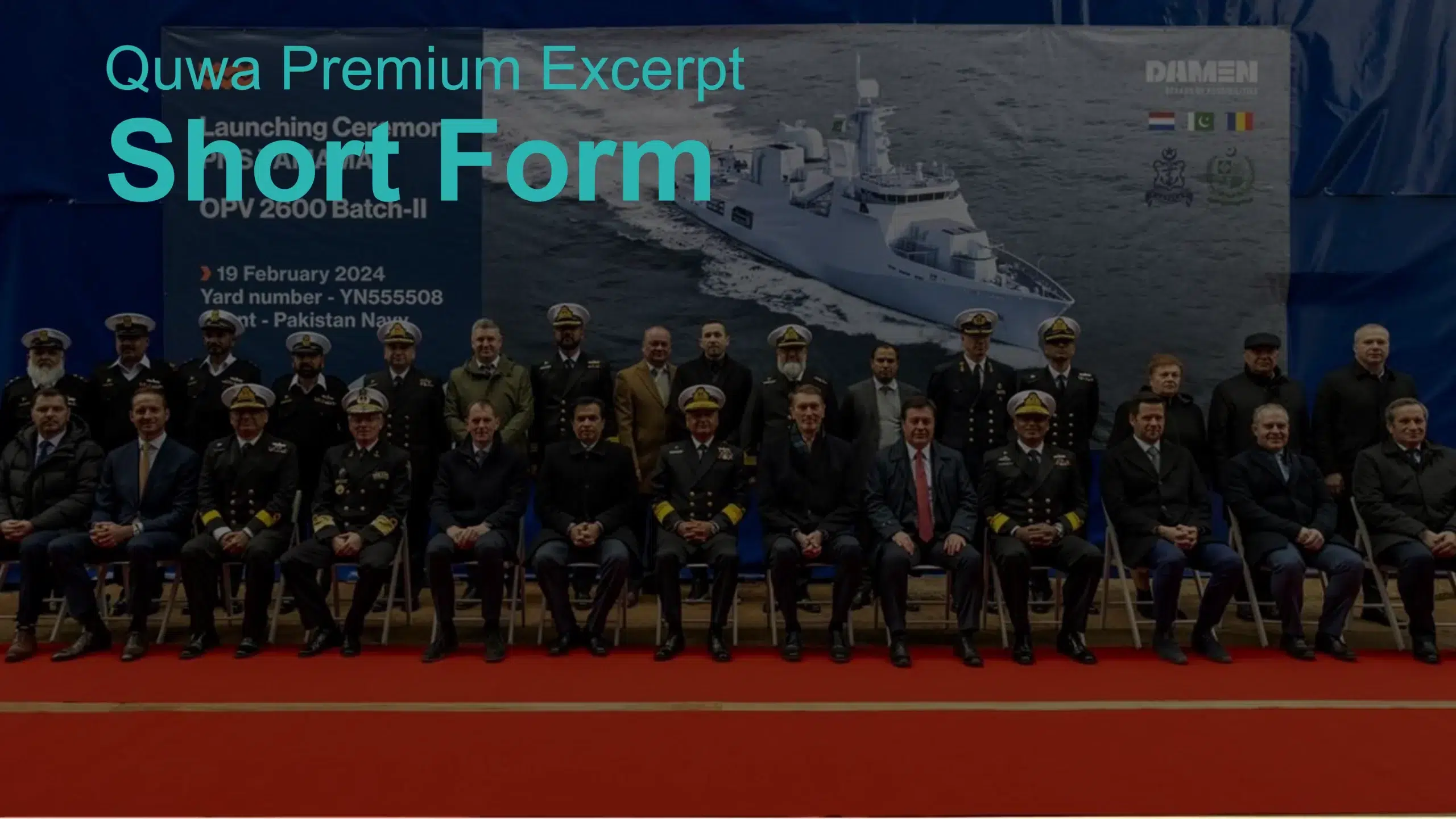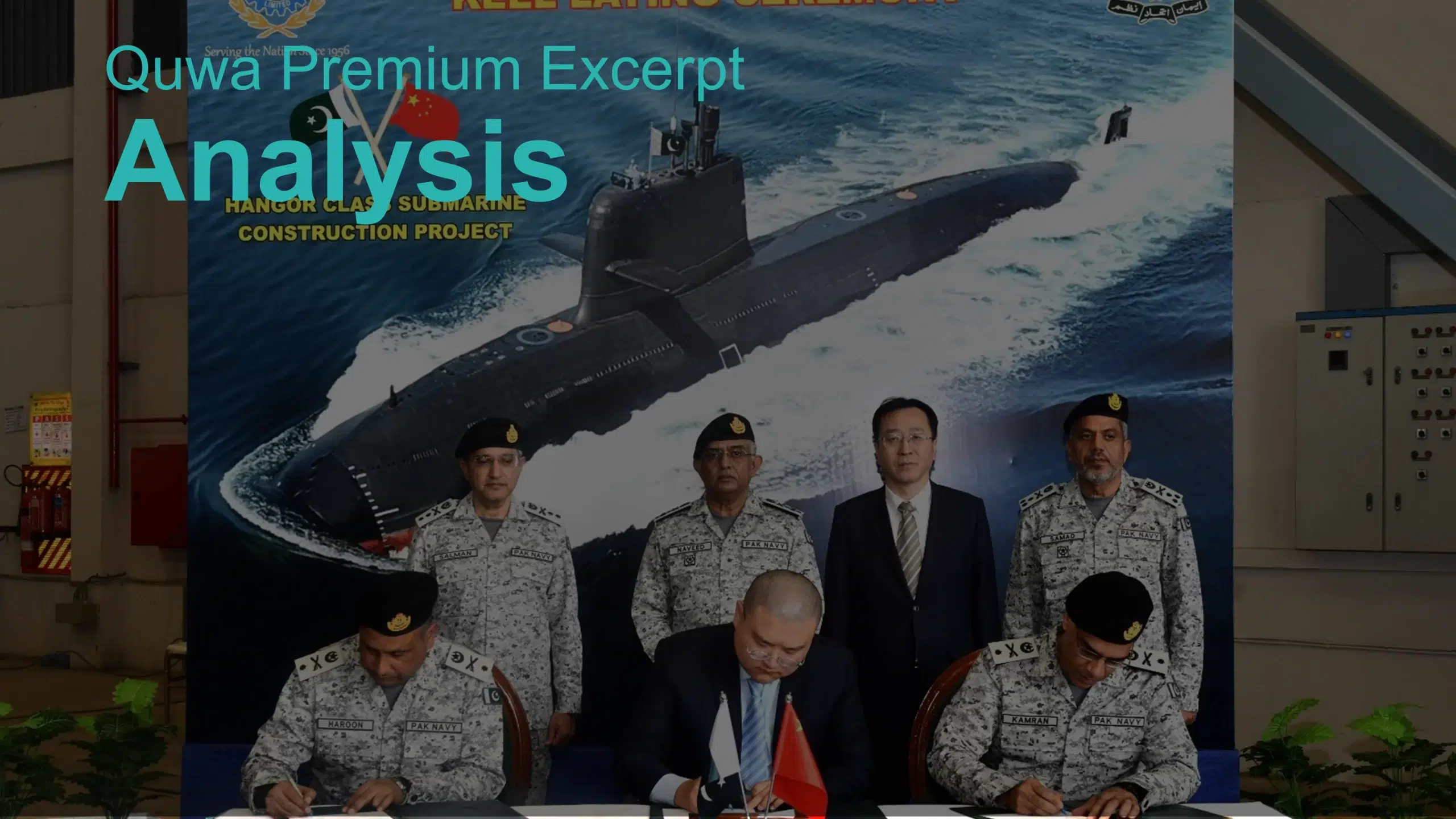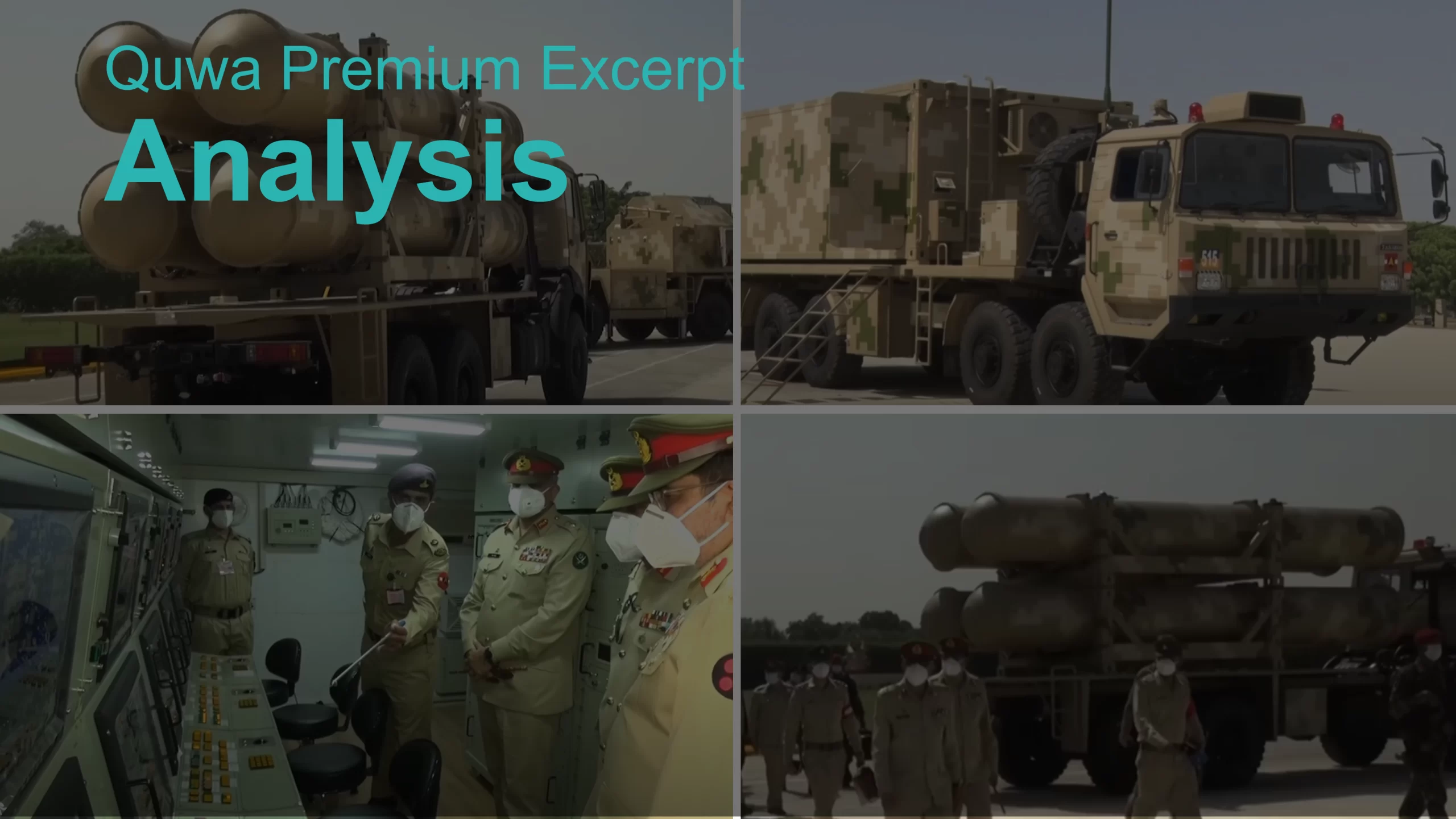Ankara has invited Moscow to compete in the former’s long-range surface-to-air missile (SAM) program, which is aimed at completing Turkey’s air defence coverage until such time its domestic programs, i.e. the Hisar-series, comes to fruition (Defense News).
Notes & Comments:
When it had opened the Turkey Long-Range Air and Missile Defence System (T-LORAMIDS) program open for competition, Ankara had evaluated various offerings from the U.S., Western Europe, Israel, and Russia.
In September 2013, Turkey selected China Precision Machinery Import-Export Corp (CPMIEC)’s HQ-9 SAM system for the T-LORAMIDS, citing sufficient performance and flexible transfer-of-technology benefits as key attributes of Beijing’s then winning offer.
However, pressure from NATO, especially in regards to its unwillingness to see the HQ-9 integrated into its wider air defence network, prompted Ankara to drop the HQ-9. As a solution, Turkey opted to trust its domestic vendors – i.e. Aselsan and Roketsan – to develop an analogous long-range SAM solution.
With this indigenous solution a long-term factor, Turkey had re-opened the door for a foreign system in order to address current gaps and potentially even support its domestic initiative. In that vein, Ankara began talks with the Western European munitions consortium MBDA over the Aster-30 derived Surface-to-Air Missile Platform/Terrain (SAMP/T) in September.
Considering that Turkey had, in fact, looked over the Russian S-300 in the T-LORAMIDS program, it is very unlikely it is genuinely considering a Russian system for its current program. Analysts have cited the reality of NATO, but it is also worth noting that the Turkish-Russian reproach, especially in terms of defence and security, is in an early stage. Ankara’s invitation ought to be viewed as a goodwill gesture.




